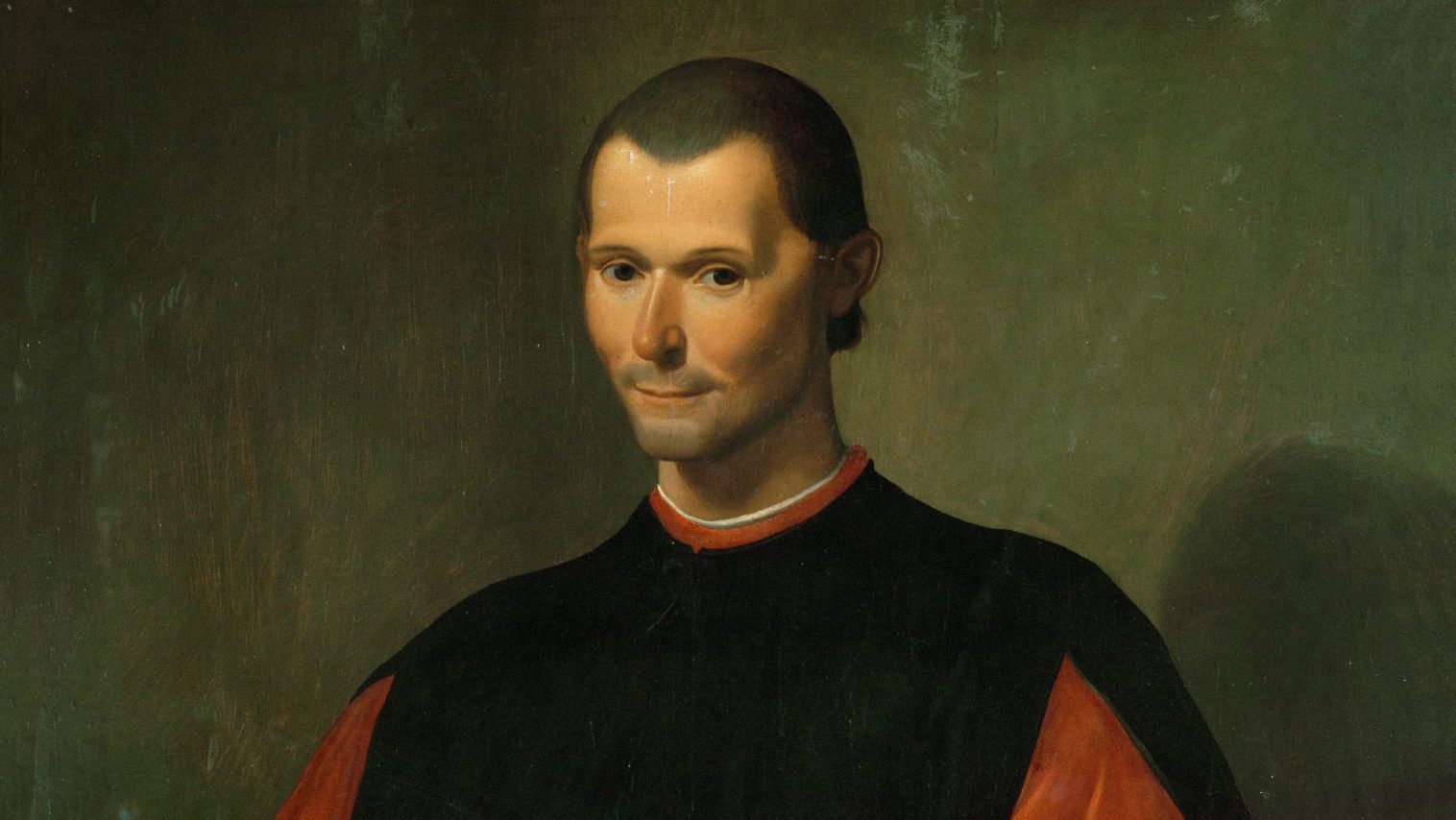“Festina lente” the first Roman emperor, Augustus, advised his military. The exhortation to “make haste slowly” may be an oxymoron but it tends to be a wise strategy, particularly when the ultimate aim is to achieve major social change.
Yet much of the comment around the issue of assisted dying has implied that the advocates are set on propelling the country at breakneck speed towards adopting this policy. While this might be the desire of some people who are currently suffering from terminal disease, it is certainly not the case.
The ’aye’ vote in the House of Commons represented a historic change of heart amongst MPs but it only sounded the starting gun for a process which is unlikely to see anyone being legally provided with a lethal cocktail of drugs before late 2027 at the earliest.
That didn’t stop The Sunday Times’s screaming frontpage headline: “Dying Bill piles pressure on courts and NHS”. If the court system and NHS are not in better shape in nearly three years time, then it will be the UK itself which is close to extinction.
The idea that Friday’s vote would almost instantly translate into action had been widely propagated since Kim Leadbeater won the ballot to introduce her private member’s bill into Parliament. Even though the debate itself was conducted in a calm and respectful manner highly uncharacteristic of the general tenure of proceedings in the legislative chamber, the criticism of undue haste was a common theme amongst those opposed to the measure.
Particularly remarkable was this contribution from Sir Edward Leigh, the Conservative MP who now rejoices in the title of Father of the House, being the longest-serving male member. (The Mother of the House is Dianne Abbott, the former Labour MP who is now classed as independent, having clashed with the party leadership. She and Leigh would make a most unlikely parental pairing!)
“I do not believe that a private member’s bill which has only five hours of debate… is the right mechanism,” opined Leigh. “In the last Parliament, we discussed a certain subject that we all know about – it was a very different issue. We had hundreds of hours of debate, questions and scores of civil servants crawling over the issue. Surely this issue is even more important.”
Ah yes, the B word that cannot be uttered and for which Sir Edward campaigned for so long. Well, we now know that no amount of debate can achieve a successful outcome from a lousy policy. But the fact is that this Bill will receive all the scrutiny that any such significant piece of legislation should receive. It will go through a rigorous Committee process in the Commons but it will also have to make its way through the House of Lords, a point which was barely mentioned by critics in the run up to Friday’s vote or during the debate preceding it.
The Commons has a very poor record on scrutinising legislation. Most Bills are handed to the Lords in what often could be taken for a preliminary draft and have to be knocked into workable shape through hours of laborious, nit-picking amendments in the Lords.
The Terminally Ill Adults (End of Life) Bill will be no exception. Although it is already relatively tightly drafted, there are areas which will benefit from clarification and the legislation, when it eventually hits the statute book, will have been tightened even further.
Fears that the Bill constitutes “a slippery slope” towards making euthanasia widely available are already misplaced, given that the title of the Bill cannot be altered, but the Lords will almost certainly want to insert protections specifically covering, for instance, those suffering from mental illness.
The UK – well, England and Wales, since the Bill does not extent beyond those territories – is not en route to emulating the Netherlands, for instance, where the stance on assisted dying is as liberal as the attitude towards cannabis and other societal issues. However, the vote did give some interesting pointers to the different attitudes emerging in the country and personified in the Commons.
The majority of 55 in the first significant un-whipped vote of the new parliament showed that party membership cannot be viewed as the sole or even most important divide amongst MPs. More Labour members voted for the Bill than against (236 to 148); and of Conservatives, 23 voted for and 93 against.
Although Lord (Charles) Falconer was much criticised for saying that people should set aside their religious beliefs in voting on this, it was clearly an important indicator of their decision. It united, for instance, many Muslims and Catholics from both main parties, although on very many other issues they might be at polar opposites.
The vote also highlighted the differences emerging in the Conservative Party between those who have recently been elected and those few who have held onto their seats for a long time. Even within the Liberal Democrats, of whom 61 voted in favour of the Bill, 11 voted against.
These differences of opinion may, in some cases be minor, but in many they will amount to an insurmountable divide. As other legislation on social issues such as welfare benefits and education come before Parliament, those could prove tricky to navigate.
Undoubtedly, the advice to government should be “festina lente”.




